By Lisa Pemberton, Puyallup Tribal News Editor
As the global COVID-19 pandemic closed in locally, the Puyallup Tribe Culture Department prepared and sent 330 packages of traditional medicines and teas for tribal elders.
Some of the elders had never used traditional medicine before, so it was an opportunity for them to learn an important part of Coast Salish culture. Now, they’ll be able to share those teachings with younger generations.
“Our traditional medicines have been here since the beginning of time,” said Culture Director Connie McCloud. “These are things that our people have always known, but through all of the colonization not everybody’s had access to our traditional medicines. … For a lot of our elders, this is a time of learning for them, and put back into their practices some of these things. And it’s helping.”
Although there isn’t yet a cure for COVID-19, many traditional Coast Salish medicines can be used to prevent and treat a variety of ailments that are associated with the virus. For example, elderberry increases immunity, and treats congestion and infection.
Here are traditional medicines that can help, and suggested ways to use them. Some traditional medicines shouldn’t be mixed with pharmaceutical drugs. Check with your doctor or pharmacist or staff at the Culture Department before using traditional medicines.
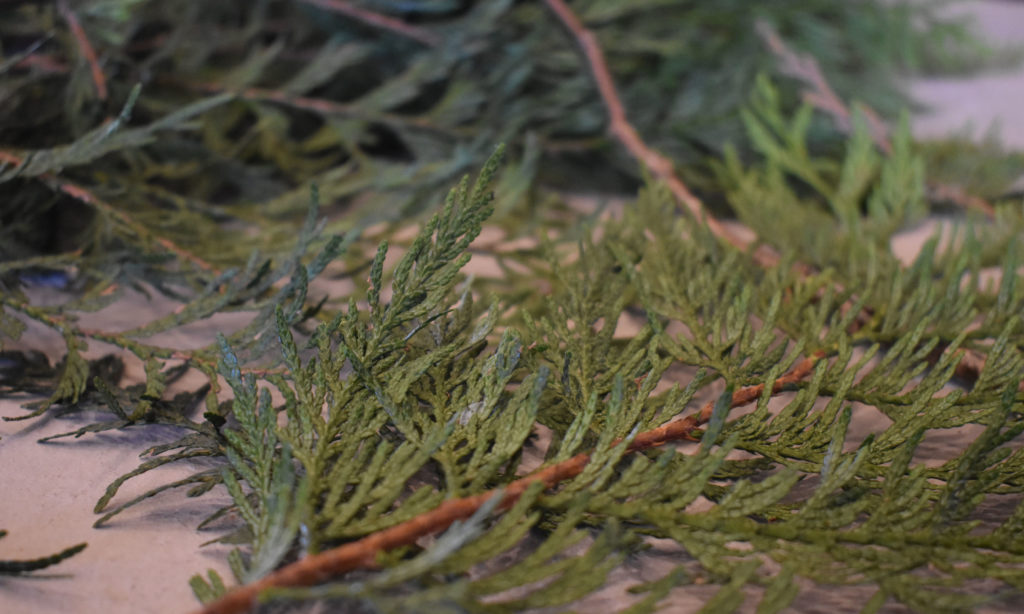
Cedar: Western Red Cedar is good for respiratory support, and air cleanser. McCloud recommends putting a few sprigs (enough to equal about a half-cup) in a pan of water, bringing it to a boil and allowing it to vaporize in the air.
If you are congested, pour hot water over a few sprigs, cover your head with a towel and breathe in the steam for about five minutes. Repeat two to three times a day. You can reheat the mixture several times.
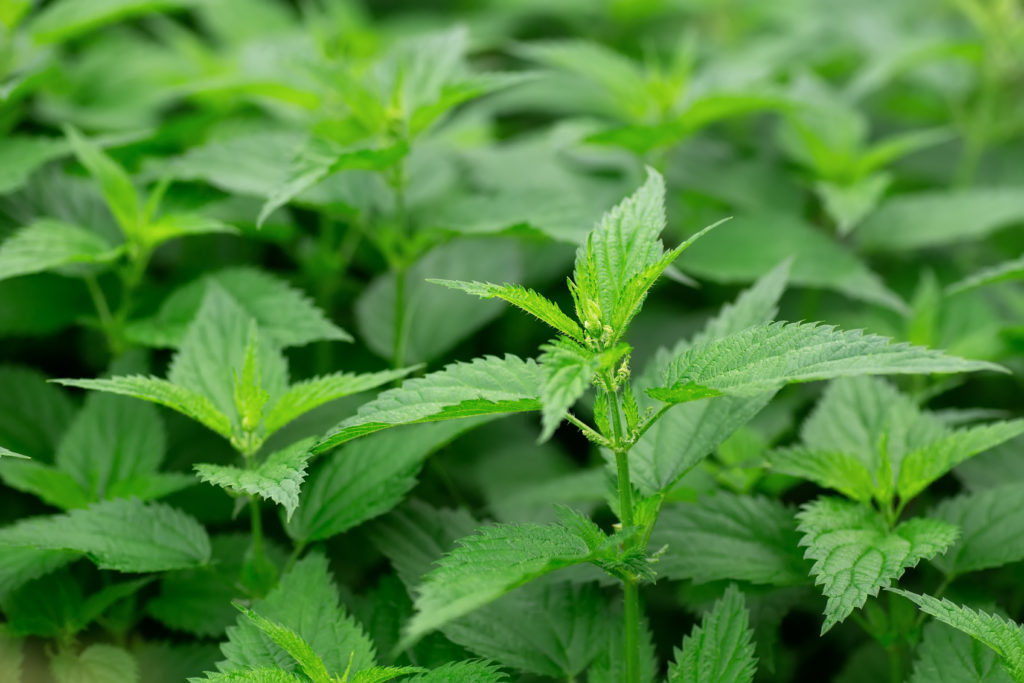
Nettle: Nettle tea can help reduce stress, strengthen immunity, treat stomach ailments and provide other health benefits. You can buy nettle tea online or in the health food section at a grocery store, or make your own.
Nettle can also be eaten fresh. Learn more about harvesting, cooking and using nettles as medicine in this video by Northwest Indian College’s Cooperative Extension. Watch for information about nettle harvesting field trips led by Culture Department staff at www.puyalluptribe-nsn.gov.
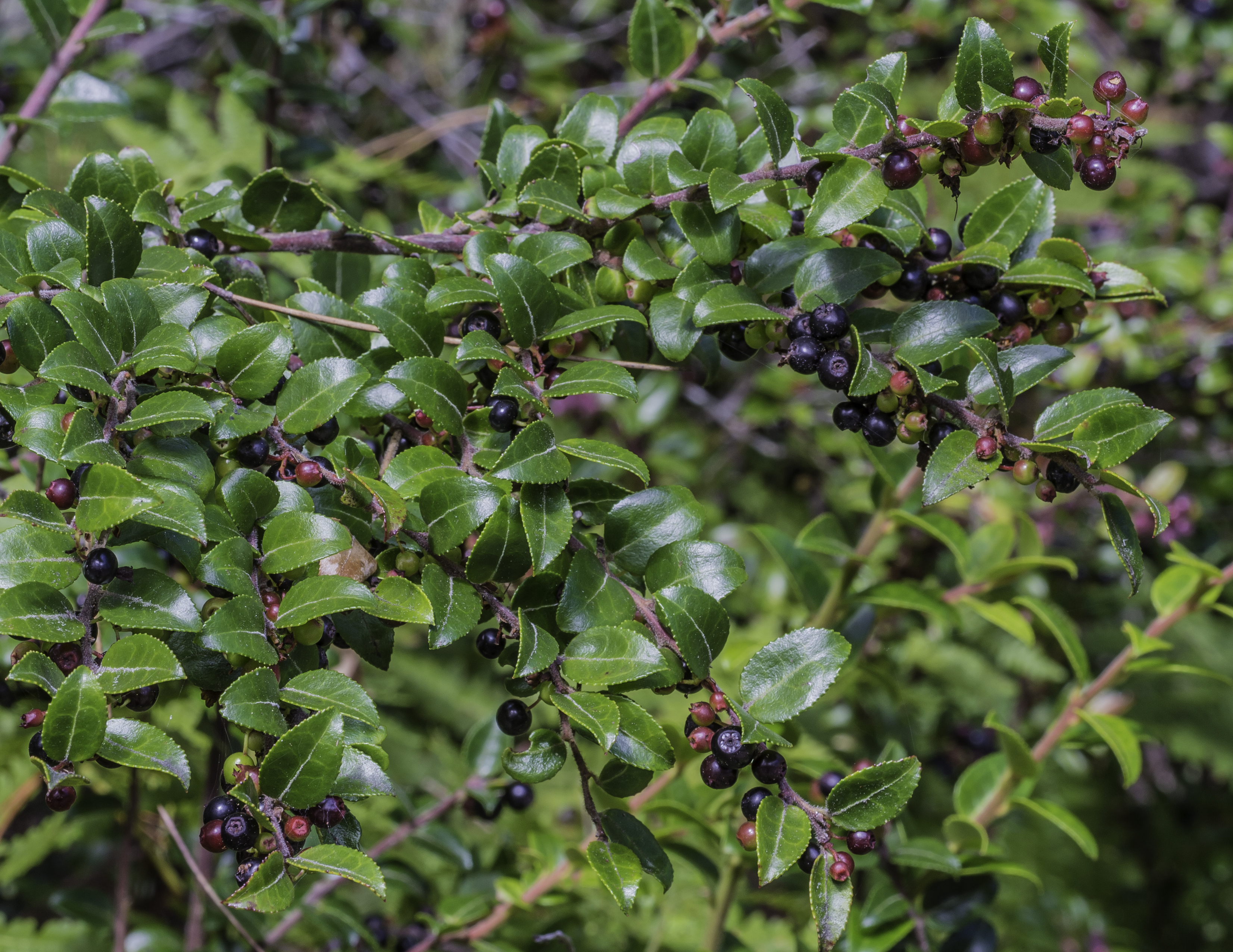
Huckleberry: Mountain huckleberries are harvested in late summer, and are usually canned, dried, or frozen. They are high in antioxidants and will help build your immune system. Huckleberry tea is also beneficial.
“Huckleberries are a traditional plant and a sacred food,” McCloud said.
The Culture Department occasionally holds huckleberry jam classes. A recent one was canceled due to the COVID-19 outbreak, but is expected to be rescheduled. Watch for updates at www.puyalluptribe-nsn.gov.
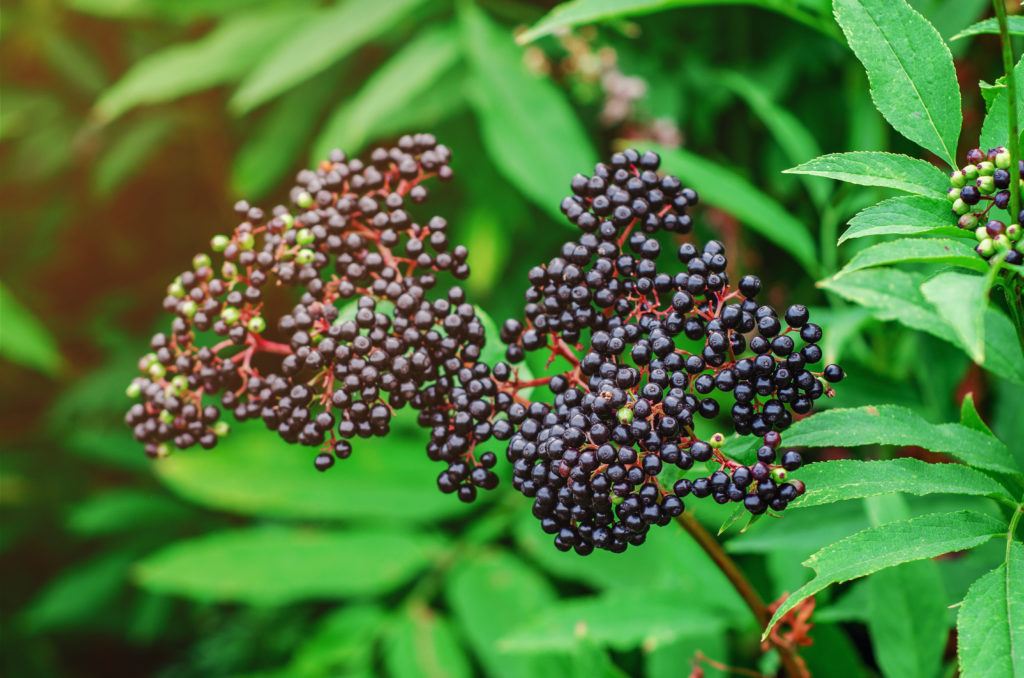
Elderberry: Just a couple of drops a day of elderberry syrup will help build your immune system. If you don’t like the taste, try adding it to a cup of herbal tea.
Scientists have identified a chemical compound in elderberries that can stop flu symptoms, and eliminate it quickly. Elderberries are also a natural source of antioxidants, including quercetin. Learn more.
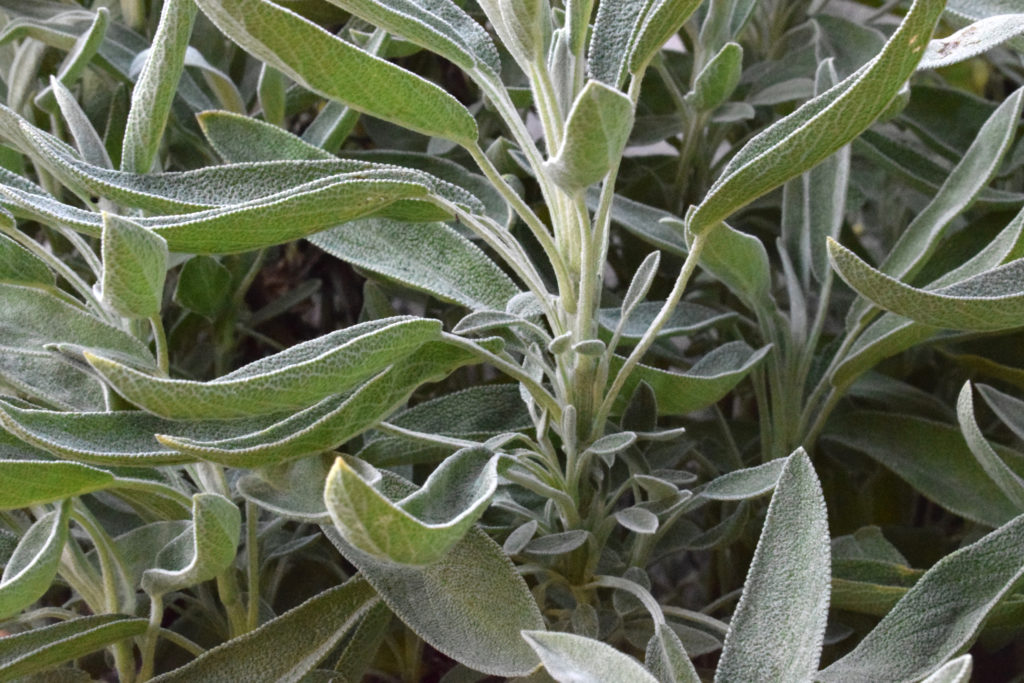
Sage: A hot cup of sage tea can relieve indigestion and sore throats. It can also help decrease congestion. Note: Several medications including ones for diabetes, seizures and sleep disorders can interact with sage. You’ll want to check with your doctor before you use.
Smudging with sage will help clean the air.
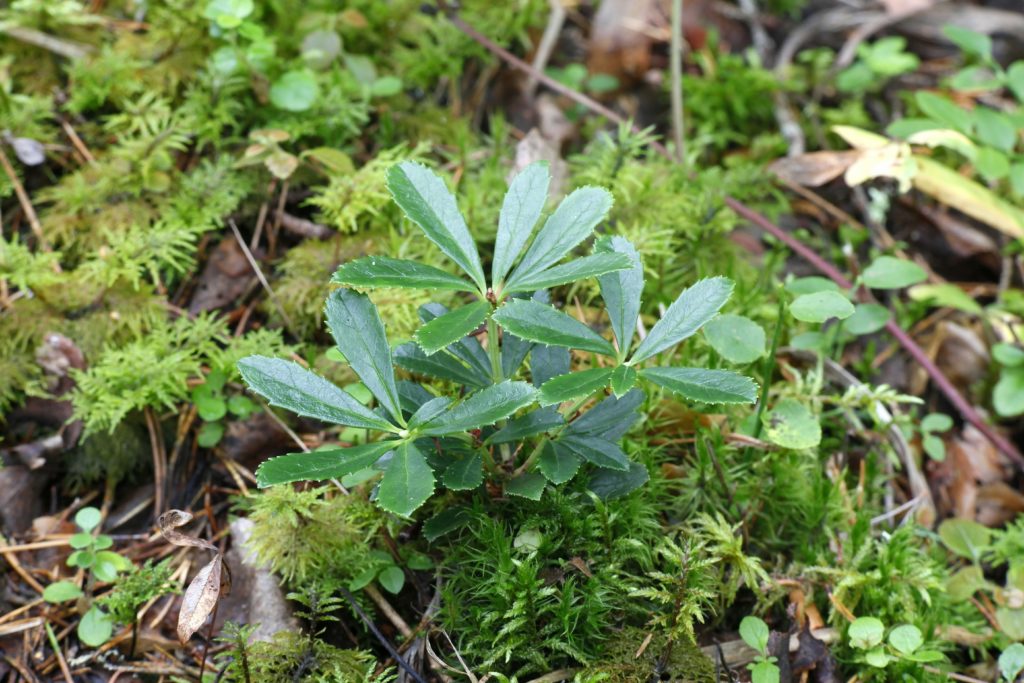
Prince’s pine: Used for a variety of ailments including kidney, bladder and lung ailments. It’s a powerful medicine and isn’t recommended for daily use.
To use as tea: Bring two quarts of water to boil, place a handful of prince’s pine into the water, turn off burner, cover and let sit for 20 to 25 minutes. Remove and strain into a jar. Drink one cup every other day.
Store in the refrigerator.
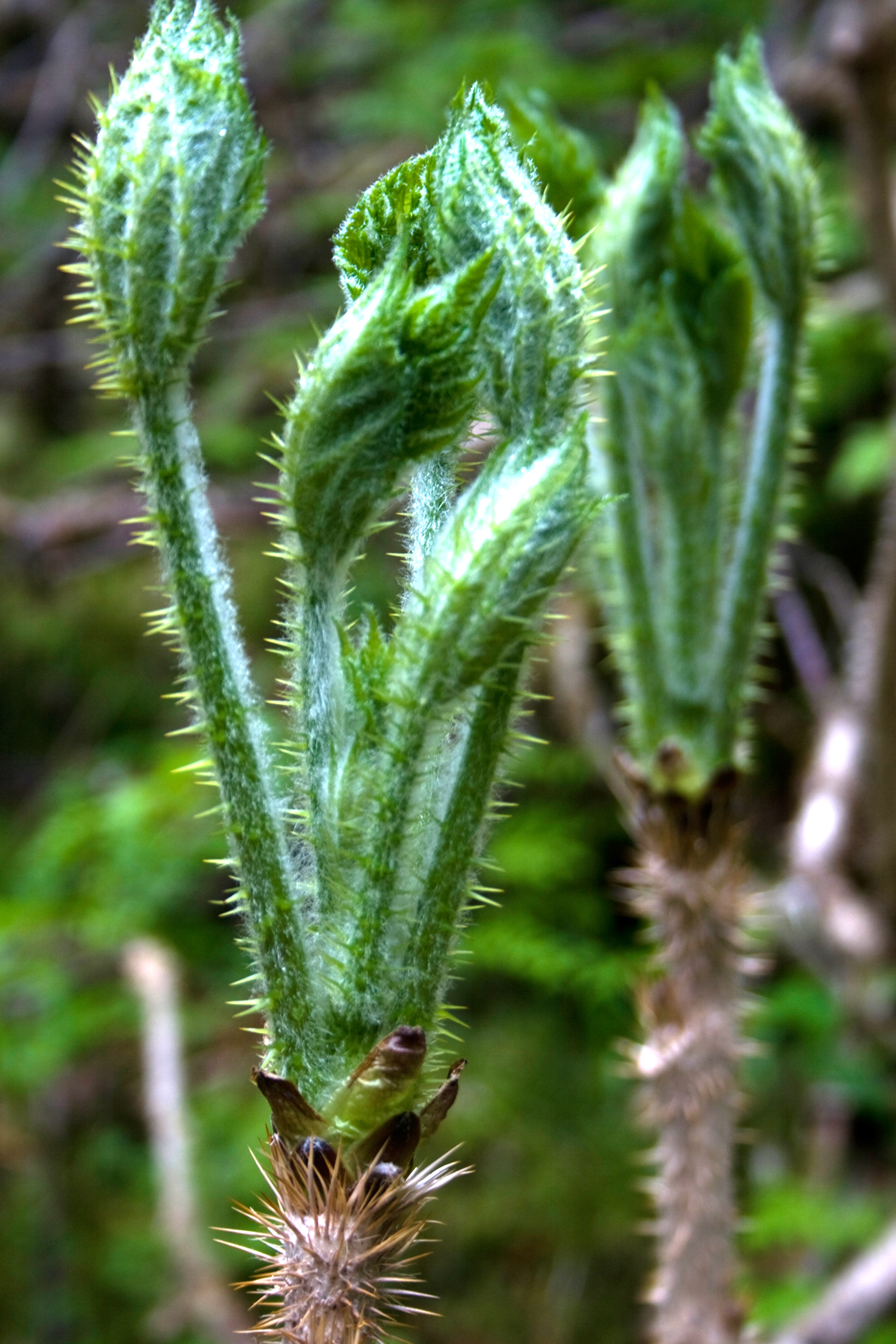
Devil’s club: The inner bark of the root is used for medicine, and can treat a variety of ailments including sore throat, cough and pneumonia. The Culture Department offers Devil’s club in capsule form.
Prayer and gratitude: Prayer and gratitude are important elements in traditional medicine, McCloud said. Experts say practicing gratitude – simply reflecting on a few things that you’re thankful for each day – can help change your outlook and lower stress.
When it’s time to harvest, it’s important to always ask permission from the plants, and thank them. It’s also important to thank them before you use them as traditional medicine.
“Our messages from our ancestors was our medicines and our plants are here, our water is here, our Mother Earth is here, our foods are here,” McCloud said. “We just have to remember to ask permission, and that’s your prayers before you eat. That’s giving thanks to our food. Ask your medicines to take care of us.”
Sign up for traditional medicines
The Culture Department is continuing to gather and provide traditional medicines and teas upon request. Staff will also mail those items to tribal members who live out of the area. To request traditional medicines, call Director Connie McCloud at 253-389-8729.




